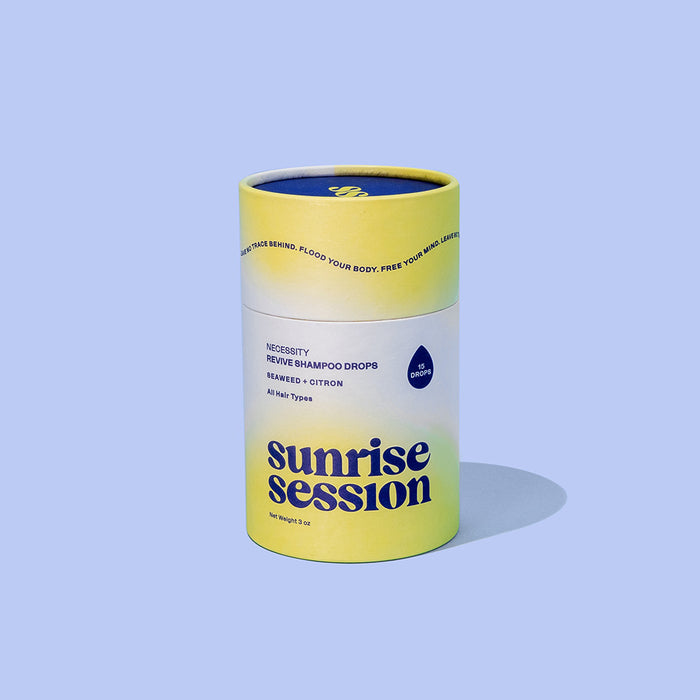

Our Plastic Problem
Fuelled by the growth of industries like packaging, textiles, building and construction, worldwide plastic production has skyrocketed since 2002, reaching 367 million metric tons in 2020 - a weight equivalent to 1000 Sydney Opera Houses. This dramatic surge is primarily driven by increasing consumer demand. The single-use, convenient nature, and low production costs of plastic products make them seem more affordable and practical than their sustainable alternatives.
However, plastic products are far from ideal, and the issues with increased production are twofold. The first problem centres on the chemical and physical processes used to manufacture large quantities of plastics. Plastics are derived from refined fossil fuels, such as natural gas, oil, and propane. These fuels are converted into plastic pellets via various procedures and then transported to plastic manufacturers.
Though the sourcing of these fuels might seem negligible, its significance becomes evident when coupled with the rapid rise in plastic production. At present, only 4–8% of yearly global oil consumption is linked with plastic production. But it's projected to account for 20% by 2050, adding 2.6 million metric tons of carbon dioxide to the atmosphere, equivalent to the CO2 produced by 350,000 Australian households. Moreover, the extraction and transportation of natural gas cause methane leakage, a greenhouse gas 34 times more potent than CO2 over a century.
The second issue concerns the vast volumes of plastic pollution stemming from heightened production. As one might expect, the two are strongly correlated, with annual plastic waste nearing 300 million metric tons. While most of this plastic ends up in landfills, some finds its way into rivers and oceans, disrupting ecosystems and killing our beloved fauna, from seabirds to sea turtles and other marine mammals.
Tragically, studies estimate that between 4.8 and 12.7 million tons of plastic enter the world’s oceans each year. To comprehend this staggering figure, picture two Great Pyramids of Giza made entirely of plastic entering the oceans annually.
Plastic pollution is particularly problematic as plastic products take hundreds of years to degrade naturally. As they break down, they leave behind microplastics, minuscule plastic particles that pose grave implications for human, animal, and ecosystem health.
To alleviate the detrimental effects of plastic production and consumption, we must critically assess our own behaviour and the practices of the companies from which we purchase products. One industry significantly contributing to plastic production is personal care, accounting for over 120 billion units of single-use packaging annually, all designed to be discarded.
Globally, there are innovative companies passionately working towards eradicating plastic waste. Although plastic-free products may cost a bit more than their polluting counterparts, we argue that it’s an expense worth bearing — consider it as your personal contribution to the fight against climate change and pollution.
As Australians, we are custodians of some of the most unique ecosystems on earth. It's crucial that we take decisive action now to mitigate the effects of plastic pollution, protect our natural heritage and ensure a sustainable future for generations to come.
DIVE DEEPER
-
8 Ways to Live More Sustainably
Living sustainably doesn't mean giving up on comfort or convenience. It's about making mindful choices that align with the preservation of our planet and its resources, remembering every small step counts.
-
Our Plastic Problem
Exploring the escalating global plastic production and its dire environmental impact, this article delves into the heart of the issue and advocates for individual and corporate responsibility in mitigating plastic waste and promoting sustainable alternatives.
-
The Landscape of Shampoo Pods
Leading consumer goods brands worldwide are joining forces to combat plastic waste by adopting sustainable packaging solutions, with promising initiatives towards environmental consciousness.



